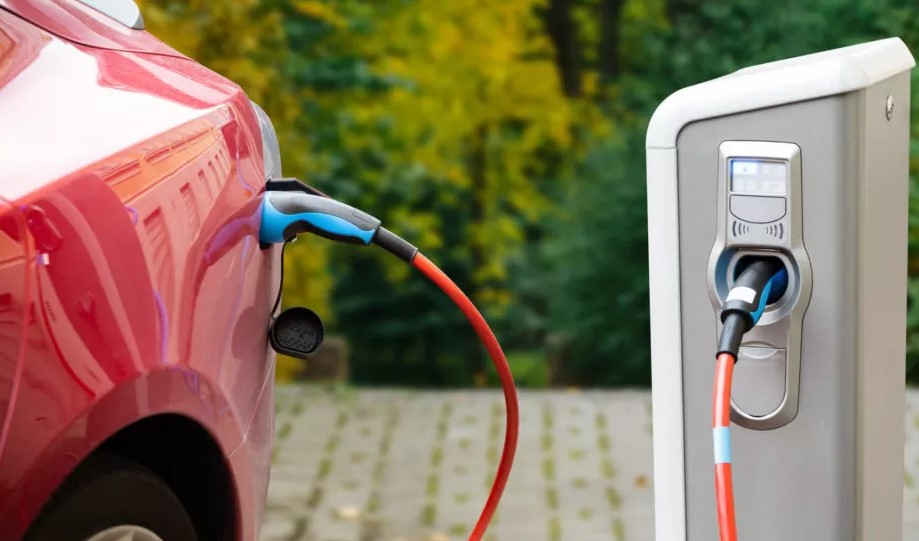Electric vehicles(EVs) are the future of ground transportation and will ultimately replace internal combustion engines, probably in the same way internal combustion engines replaced steam engines.
While utility companies and other businesses plan to install public charging stations, much of the EV charging will happen at our houses.
So old houses need to be rewired to accommodate the new EV load. And the new houses needed to be designed(electrically) to accommodate the home EV charging stations. Is your house’s electrical system able to carry the added strain?
For those planning to build or buy new houses, allowance must be made for the EV charging load. Again, involve licensed electrical engineers and electricians to ensure this is done correctly.
Even if you don’t see yourself in the market for an electric vehicle right now, there’s a growing likelihood that you will own an EV while you live in your home or in the following property you buy.
For EV owners already convinced to go with a gas/electric hybrid or a full EV, the EV’s strain on older or underpowered home electrical systems can sober up a house search or construction fast. In addition, fractured charging infrastructure pushes most EV owners to get those long charges home. This means that home setups really matter until more lavish spending on roadside charging stations emerges and plugin-in time speeds up.
Builders need to catch up. For example, building codes must be improved to mandate electrical wiring for EV chargers in new homes and the rewiring of old houses.
Cost Considerations:
How much does installing the boost potentially needed to charge an EV in a single-family home cost?
Wiring for a necessary level 2 electrical system in a single-family home garage ranges from $500-$1,500, according to Homeadvisor.
A 240-volt (40-100 amp) (AC) hookup charges anywhere from 20-60 miles per hour. Its power is similar to a clothes dryer outlet.
If the main electrical panel is already located in the garage, additional EV wiring costs were estimated at $300 to $500.
EV charging must be included as part of the future load growth for any new house construction, and the electrical installation provisions should be made at the design stage. The electrical panels (distribution boards, consumer units) should have at least the spare ways/circuits in anticipation of the EV charging installation.
Again, here’s why you should consider asking about EV readiness, even if you don’t currently own an electric vehicle:
- Future-Proof Your Investment: Purchasing a home is a significant long-term investment. By ensuring that your property is equipped for EV charging, you’re future-proofing your investment and adding value. In addition, with the rapid growth of electric vehicles, having the infrastructure in place can make your home more desirable to potential buyers.
- Embrace Sustainability: Our planet needs our help now more than ever. Confirming that your new home is wired for EV charging supports the transition to clean, renewable energy. You’ll be ready to embrace sustainability when switching to an electric vehicle, reducing your carbon footprint and contributing to a greener future.
- Convenience and Flexibility: Life is unpredictable, and our needs change. Even if you don’t have an EV, circumstances can shift, and owning one might become a possibility or necessity. Having a home that’s already wired for EV charging gives you the convenience and flexibility to seamlessly transition to electric transportation without the hassle of retrofitting your property.
- Stay Ahead of the Curve: The automotive industry is transforming toward electric vehicles. As a result, governments worldwide are introducing incentives to promote EV adoption, making them more accessible and affordable. By ensuring your new home is EV-ready, you’re positioning yourself ahead of the curve, ready to take advantage of these incentives when the time comes.
- Financial Incentives: In certain regions, financial incentives are available to homeowners who install EV charging stations. These incentives can range from tax credits to rebates and grants. By verifying the EV readiness of your new home, you could tap into these programs, saving you money and reducing the installation cost.
So, as you embark on this exciting journey of buying a new home, remember to ask about electric vehicle readiness. It’s a small but significant step that can bring numerous benefits in the long run, whether adding value to your investment, embracing sustainability, or staying prepared for the electric future. Don’t miss out on these hidden advantages that could make all the difference in your homeownership experience!

